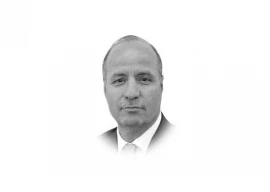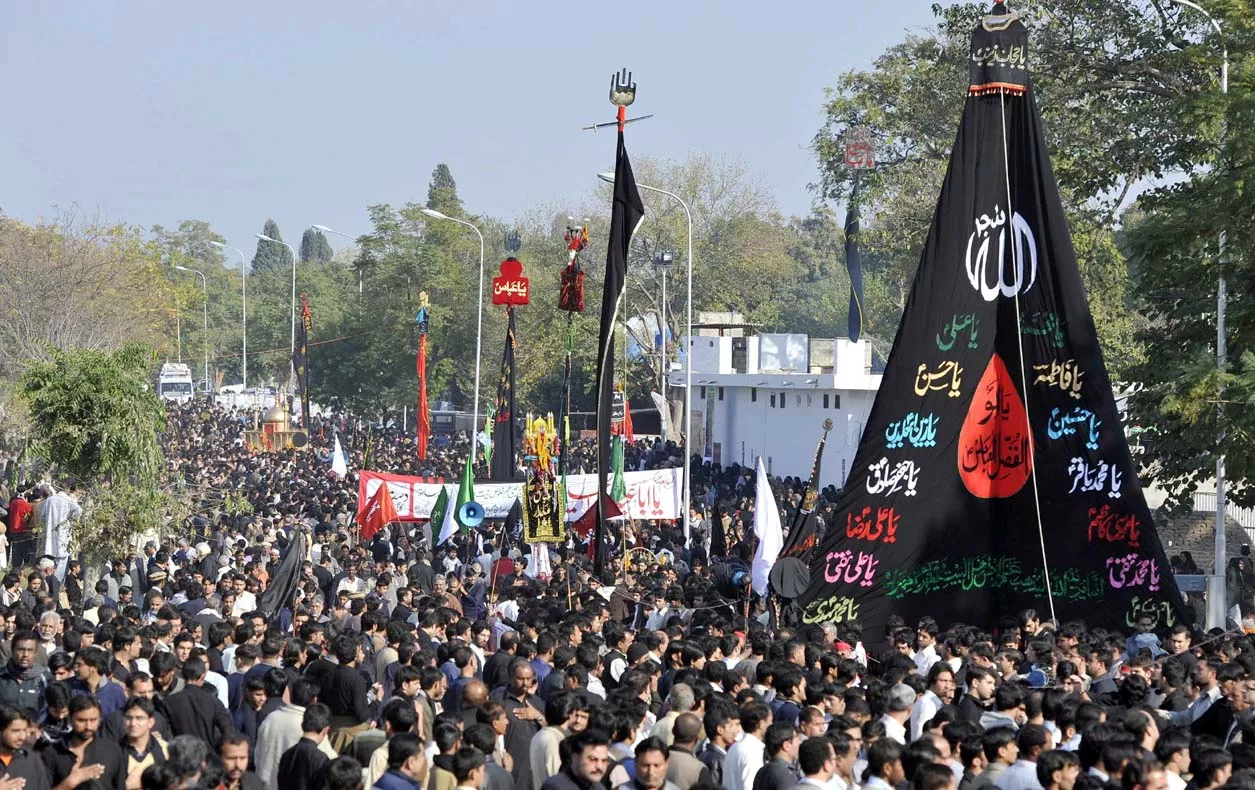
In the days leading up to South Sudan’s independence, the news was filled with photographs of children practicing routines, standing and moving their arms in formation, and these pictures reminded me of PT displays, those dance-like arrangements of calisthenics set to music that every school-going child performs in India and Pakistan. In April, I watched a group of several hundred students practice for sports day at Nasra School’s Korangi campus, part of one of the largest low-cost private school systems in the city. Kids had gathered from far reaches of the city to participate in the event, moving in unison to the beats of a large drum, raising their arms up over their heads, some of them mouthing the words to their theme song “Pakistan hai humara”. Created for the country’s 63rd independence day in 2010, it is a song about the hope and promise of Pakistan, how the country belongs to its people. This is the song in my head as I read about South Sudan rejoicing at their new, independent future and again as I watch today’s news from Karachi: Shuttered shops, children crying, men in fatigues. Once, Karachi was a new capital the way Juba is. The largest metropolis of a new nation will naturally become a melting pot, a recipe for both cosmopolitanism and discord. Karachi’s fate as a ticking time bomb of ethnic rivalry wasn’t written, but it also wasn’t planned for.
South Sudan would be well served to learn from the mistakes of India and Pakistan, and resolve their disputes with Sudan now, not later. Crucial aspects of the 2005 peace agreement remain unresolved, such as the determination of final borders and how oil revenue will be shared between the two nations. Sudan and South Sudan should do what India and Pakistan didn’t: Create an open visa policy so that citizens can move freely between the two states, a joint defence pact to maintain their peace and establish how trade will work between their countries as soon as possible. As South Sudan creates its education system, leaders must ensure that history is taught responsibly, so that its young people will grow up with balanced views of classmates and neighbours who look different from them.
Pakistan, and in particular Karachi, has something to learn from South Sudan. Diplomacy and ballots can indeed succeed where violence has failed. Religious and cultural differences played a role in the partition of Sudan, but they do not mean that South Sudan has to be ruled by its identity politics, or oppress its minority populations. Like Pakistan, Sudan was formed as a secular state for a religious minority, and it should fight to remain that way, with equal rights for all citizens. It is a powerful reminder of how Pakistan began.
Addressing his new citizens on July 9, President Kiir said: “We should have a new beginning of tolerance where cultural and ethnic diversity will be a source of pride… Remember we are all South Sudanese first.” It is a statement reminiscent of Jinnah’s famous first address to the Constituent Assembly of Pakistan: “You are free; you are free to go to your temples, you are free to go to your mosques or to any other place of worship in this state of Pakistan. You may belong to any religion or caste or creed — that has nothing to do with the business of the state.” In the last 64 years, the overlapping cultures of Karachi have been eroded and polarised to the point that one’s ethnic and religious affiliation is a liability, something that can get you killed. Jinnah’s vision has been compromised beyond recognition. Let us hope that Kiir’s vision can sustain his new nation.
Published in The Express Tribune, July 15th, 2011.












COMMENTS
Comments are moderated and generally will be posted if they are on-topic and not abusive.
For more information, please see our Comments FAQ